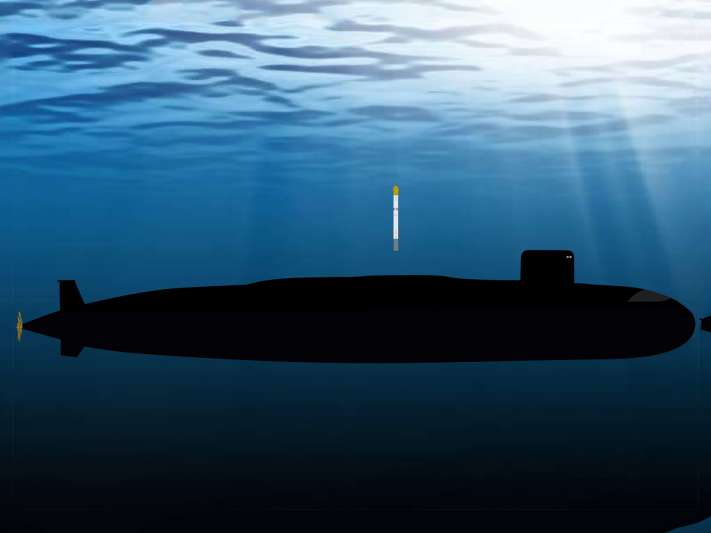

However, US concern over China's growing clout and aggression in those waters causes it to welcome the support of its closest strategic partner.Ĭanberra too is plugging back into the Anglosphere. True, the UK has not been a heavyweight player in the Indo-Pacific for decades. With Brexit, London has detached itself from the European strategic architecture and re-plugged into the Anglosphere. Meanwhile, the UK too is eager to deepen its involvement in the Asia-Pacific. With an annual consumption of 20.51 mbpd, the US needs to import only a small quantity of oil. According to data for the year 2020, from “International Energy Statistics,”, the US is now the world’s biggest oil producer with an output of 18.60 million barrels per day (mbpd) – 20 per cent of the world’s total output. No longer is US security policy driven by American thirst for West Asian oil supplies. Washington’s role in forming AUKUS and in equipping the Royal Australian Navy (RAN) with SSNs is part of America’s strategic attention shift from messy conflicts in West Asia to the growing confrontation with an assertive rival superpower – China. Now that is cancelled and, instead, Australia will have a fleet of SSNs, based on American and British designs, that can patrol the faraway South China Sea, while remaining interoperable with its AUKUS alliance partners’ submarines.Īdding insult to injury, the decision not to buy Naval Group’s conventional Barracuda submarines came with the implicit conclusion that they lacked the range and capability needed to confront its People’s Liberation Army (Navy), or PLA(N) adversaries. This was a slap on the face to France, since Australia had already chosen Naval Group, the French shipbuilder, to supply 12 conventional, diesel-electric submarines for $90 billion. Previously, the US has transferred nuclear submarine technology only to the UK in 1958 Australia will be the second recipient, making it the world’s seventh operator of nuclear submarines after America, Britain, China, France, India and Russia. Signalling that AUKUS meant business, the first announcement by the three leaders was that the UK and US would provide Australia with the classified technology and wherewithal needed to build and operate up to eight nuclear-powered attack submarines (SSNs). A debate rages over whether the Indian Navy should be going in for conventional diesel-electric submarines, or AIP vessels or SSNsīarely a month after the US troop withdrawal from Afghanistan, America is making a strategic course correction, partnering two other Anglophone countries – Australia and the UK – in launching a new defence alliance in the Asia-Pacific.Īppearing together on television on September 15, the three countries’ leaders – Joe Biden, Boris Johnson and Scott Morrison – jointly announced an “enhanced trilateral security partnership” named AUKUS (Australia – UK – US).


 0 kommentar(er)
0 kommentar(er)
